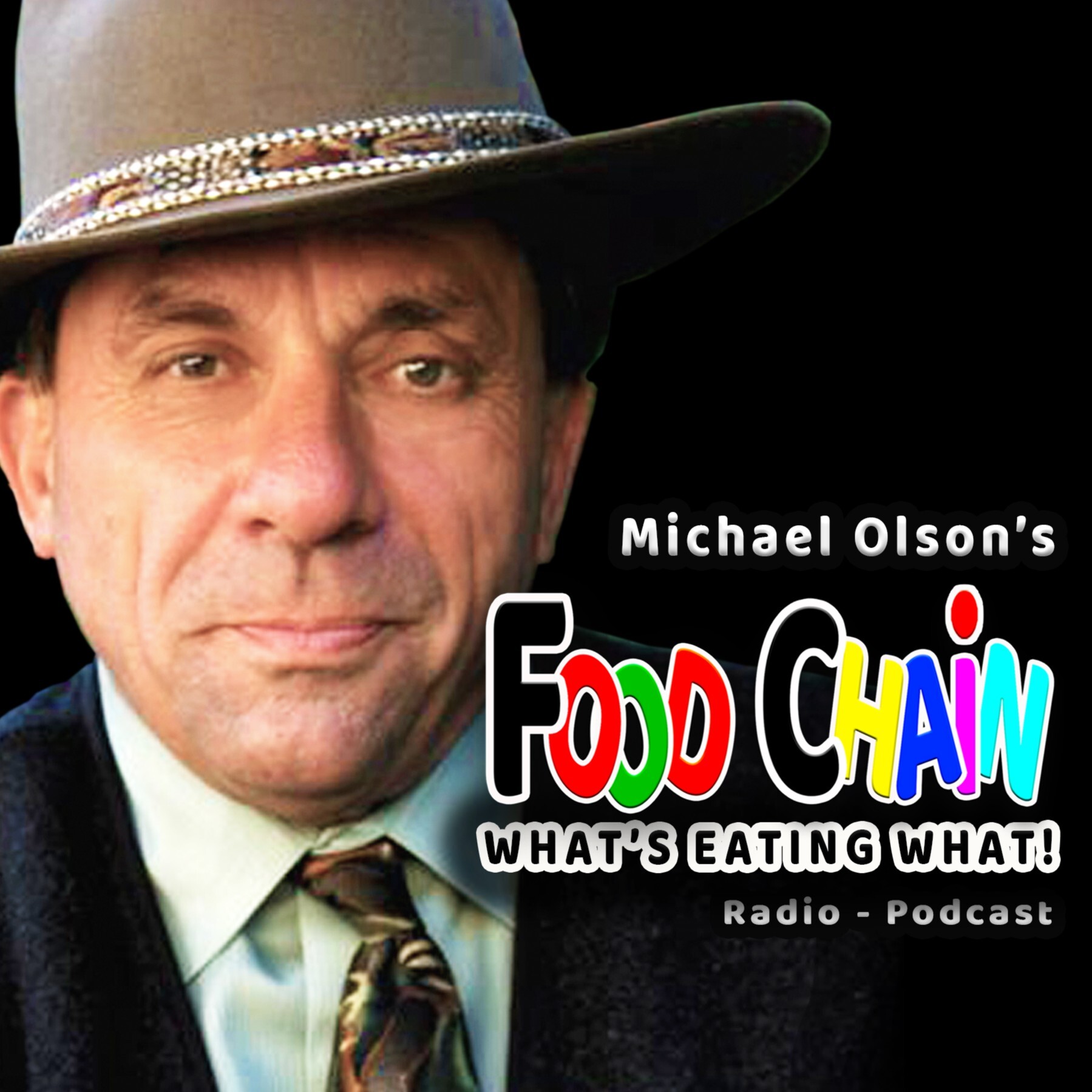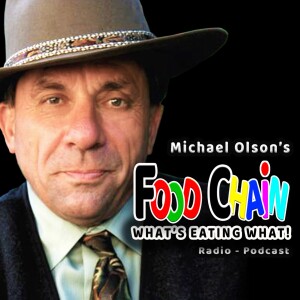
814
Downloads
61
Episodes
It’s a fact! 100% of men, women and children eat food, and 97.5% of must buy their food from others who bring it from an average of 2,000 miles away. And so the hungry ask: ”What’s in this tomato? Who planted that broccoli? Is it safe to eat genetically engineered corn? Why are they irradiating meat? Are we running short of water? Why is China growing our apples? What will happen to us if we can no longer farm? How safe is our food chain?” The Food Chain is an audience-interactive syndicated newstalk radio program and podcast broadcasting weekly on radio stations and streaming on demand on the internet. The Food Chain, which has been named the Ag/News Show of the Year by California’s legislature, is hosted by Michael Olson, author of the Ben Franklin Book of the Year award-winning MetroFarm, a 576-page guide to metropolitan agriculture. The Food Chain is available live via GCN Starguide GE 8 and delayed via MP3/FTP. For clearance and/or technical information, please call Michael Olson at 831-566-4209 or email michaelo@metrofarm.com
Episodes

Saturday Aug 03, 2024
Ep. 1345 Glyphosate Lab Tomato
Saturday Aug 03, 2024
Saturday Aug 03, 2024
DR. JOHN FAGAN, HEALTH RESEARCH INSTITUTE LABS
There are many ways in which industrialization has served to make food cheap. One way is to subvert the growth of natural competitors, like weeds, with herbicides, like glyphosate. This leads us to ask…
What happens to the chemicals after they have been used to made food cheap?
In the 1930s, people began the migration from the farm into the city. Those farmers who were left on the farm began growing food with money, which they used to buy equipment and chemicals to do the work that people once did.
Thus it became cheaper to grow food with money, than with people.
This industrialization of the food chain has proceeded without pause ever since, and now the world is literally drenched in the agricultural chemicals used to grow food.
Broadly speaking, two kinds of chemicals are used to grow food: fertilizers and pesticides.
Fertilizers provide the nutrient elements plants require to grow and develop, and include the macronutrients nitrogen, phosphorus and potassium.
Pesticides provide farmers with the ability to fight off natural competitors for the growth and development of their crops, and include herbicides that kill weeds, fungicides that fight off diseases, insecticides that kill insects, and desiccants that manage growth.
The herbicide glyphosate, which travels under the trade name Roundup, is one of the most used chemicals in agriculture.
- Since 1974, 18.9 billion pounds of glyphosate has been sprayed upon the World.
- Use of glyphosate has increased 15-fold since the introduction of crops genetically modified to withstand glyphosate.
That our world is literally drenched in a chemical that the World Health Organization claims is a “probable cause of cancer,” leads us to ask:
What happens to the chemicals after they have made food cheap?
